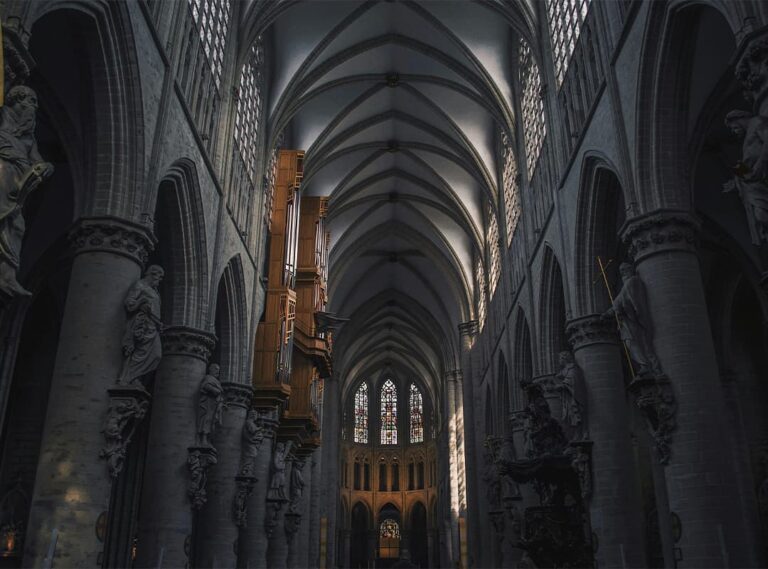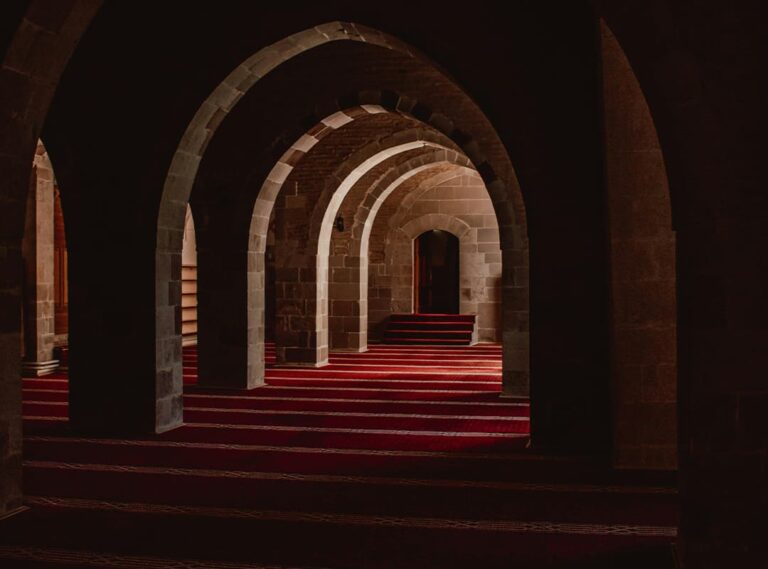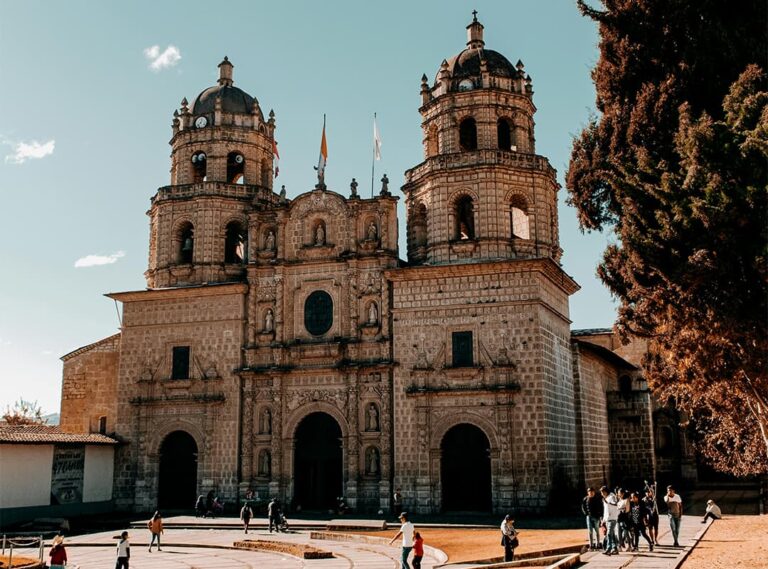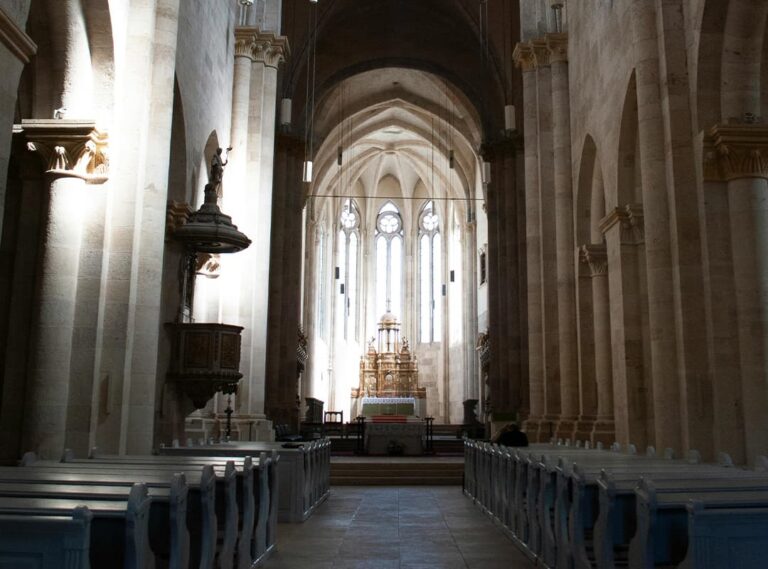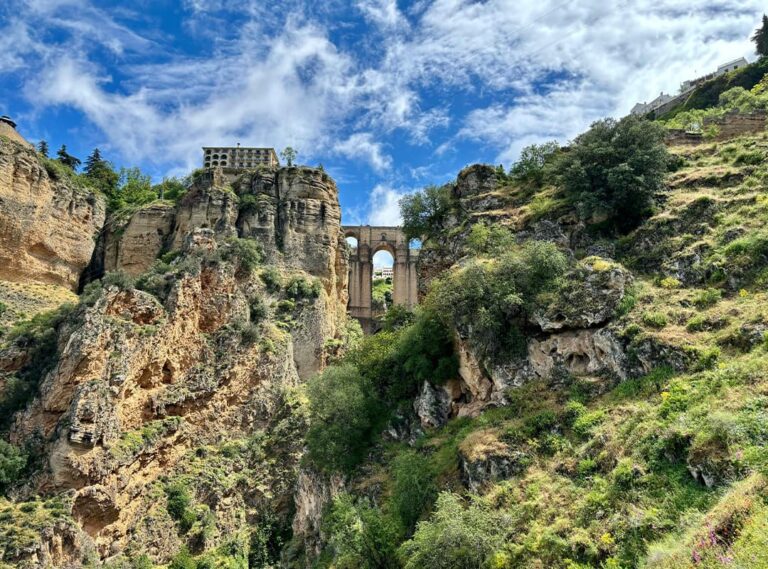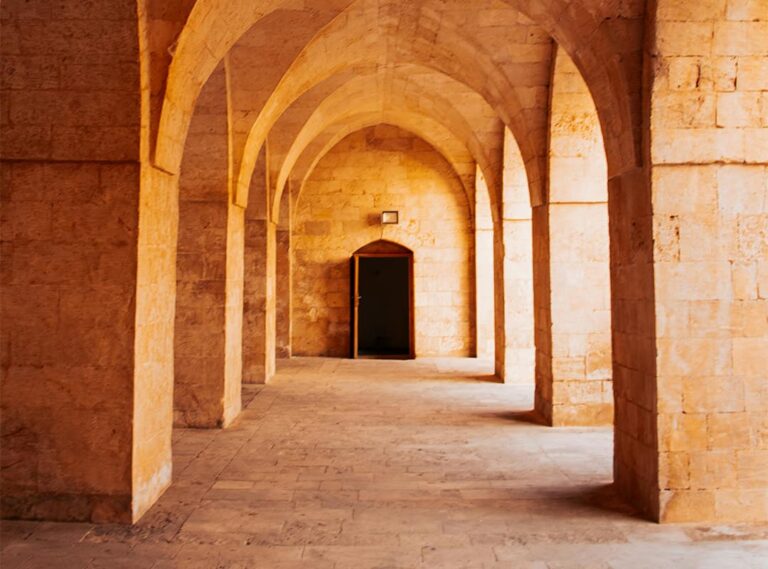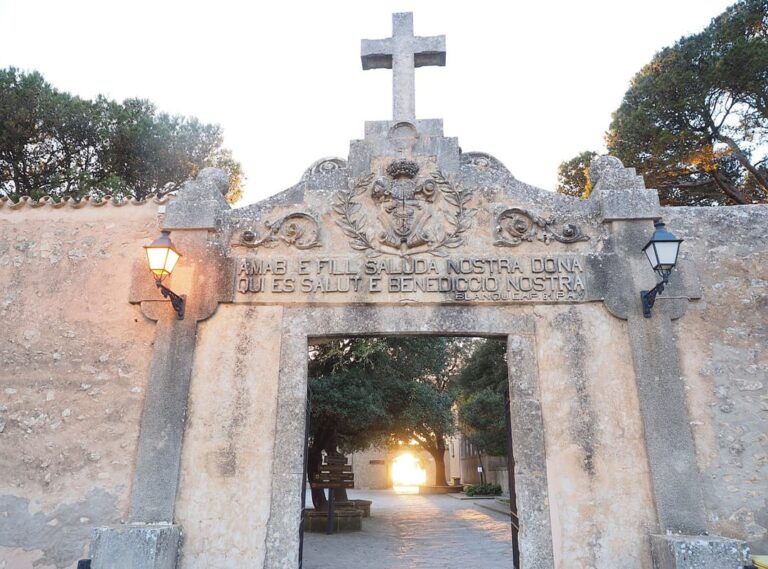Franciscan spirituality, deeply rooted in the teachings of Saint Francis of Assisi, emphasizes a profound respect for all creation. Known as the “Patron Saint of Ecology,” Saint Francis’s love for nature and his belief in the interconnectedness of all living things have inspired generations of Franciscans to be at the forefront of ecological advocacy. This article explores the Franciscan approach to ecology, their initiatives in caring for creation, and the significance of places like the Grotto springfield Mo.
Saint Francis of Assisi: Patron Saint of Ecology
Saint Francis of Assisi, who lived in the 12th and 13th centuries, is celebrated for his deep connection with nature. He saw all creatures as brothers and sisters, reflecting God’s beauty and goodness. His famous “Canticle of the Sun” praises the elements—Brother Sun, Sister Moon, Brother Wind, and Sister Water—expressing a spiritual vision where humanity is part of a larger, harmonious creation.
This holistic view of the environment is foundational to Franciscan spirituality. Franciscans believe that caring for creation is an essential part of their faith, recognizing the earth as a sacred gift entrusted to humanity by God.
Franciscan Ecological Initiatives
Throughout history, Franciscans have been actively involved in ecological preservation and environmental advocacy. Their initiatives often focus on sustainable living, conservation, and education about the importance of protecting the natural world.
- Sustainable Agriculture
- Many Franciscan communities practice sustainable agriculture, emphasizing organic farming, biodiversity, and eco-friendly practices. This approach not only provides food for the community but also serves as a model of environmentally responsible living.
- Environmental Education
- Franciscans engage in environmental education through schools, retreat centers, and public outreach programs. They aim to raise awareness about ecological issues and inspire individuals to adopt more sustainable lifestyles.
- Advocacy and Activism
- Franciscan organizations are often involved in environmental advocacy, working to influence public policy and promote ecological justice. They collaborate with other faith-based and secular groups to address issues such as climate change, deforestation, and pollution.
- Preservation of Natural Sites
- Franciscans are dedicated to preserving natural sites, recognizing their spiritual and ecological importance. They often manage sanctuaries and nature reserves, protecting habitats for wildlife and offering spaces for contemplation and connection with nature.
The Grotto in Springfield, MO: A Franciscan Ecological Space
An example of a Franciscan-influenced natural site is the Grotto in Springfield, Missouri. What’s a grotto, generally, is a small cave or cavern, often associated with natural beauty and used for religious or spiritual purposes. The Grotto in Springfield is a tranquil space designed to foster a sense of peace and reflection.
The Grotto springfield Mo, serves as both a sanctuary for wildlife and a place for people to connect with nature. It embodies Franciscan principles by providing a space where visitors can appreciate the beauty of creation, reflect on their relationship with the environment, and be inspired to act as stewards of the earth.
The Spirituality of Care for Creation
Franciscan care for creation is deeply spiritual, grounded in the belief that all life is interconnected. This perspective encourages a sense of humility, recognizing humanity’s place within the broader web of life. Franciscans advocate for an ethical relationship with the environment, one that respects the intrinsic value of all creatures and seeks to live in harmony with the natural world.
The Black Madonna and Ecological Spirituality
Incorporating cultural symbols like the Black Madonna into ecological spirituality can deepen the sense of connection between faith and the environment. The Black Madonna, revered in various cultures and particularly in places like Poland, symbolizes resilience, protection, and the nurturing aspects of the earth. By venerating the Black Madonna, Franciscans and other believers can draw parallels between caring for creation and honoring the sacredness of life.
Franciscans’ commitment to ecology and care for creation reflects their deep spiritual heritage and the teachings of Saint Francis of Assisi. Through sustainable practices, environmental education, advocacy, and the preservation of natural sites like the Grotto in Springfield, MO, Franciscans continue to inspire a profound respect for the earth. Their holistic approach to ecology, grounded in the interconnectedness of all life, offers a powerful model for living in harmony with creation and nurturing our planet for future generations.


